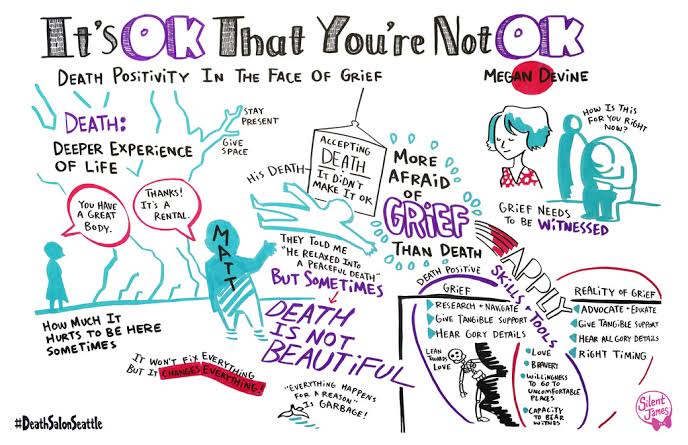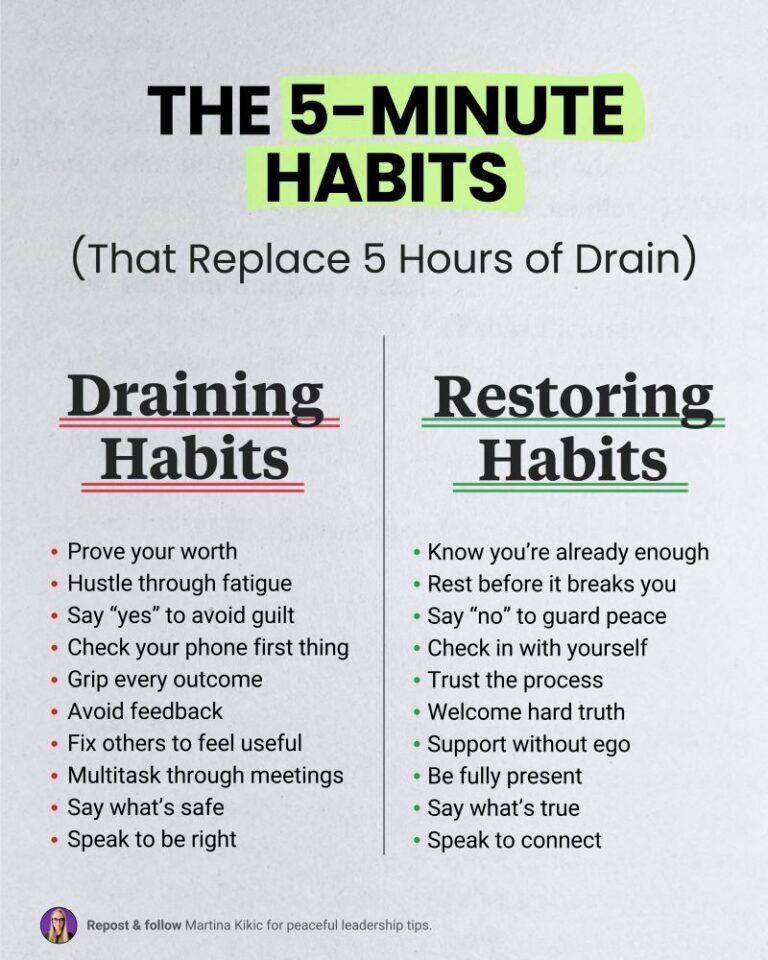
Although it may seem difficult to make just one meal for 24 hours, many people’s diets are like this. OMAD (One Meal A Day), this application means one meal a day.. People who apply OMAD aim to both lose weight and be healthier. Is eating one meal a day really healthy? We did some research on the subject and wrote about how the body reacts to food shortages. Let’s look at the details together.
1. You can gain weight
When one meal a day is consumed, the body activates the “ starvation mode” and begins to store all the nutrients you consume. On the other hand, the metabolic rate decreases and the production of cortisol, known as the stress hormone, increases. This causes you to store fat.
2. You cannot keep your blood sugar in balance
When you don’t eat for long periods of time, you may find it difficult to keep your blood sugar in balance. Hypoglycemia (can sugar low) results from not eating for a long time. This can lead to symptoms such as headaches, tremors, and muscle tension.
Eating one meal a day can prevent you from getting enough vitamins and minerals. When vitamin and mineral deficiency develops; you may experience conditions such as hair loss, nail breakage and weakness.
4. You may have a headache
Headaches are quite common among those who want to lose their excess weight through shock diets or intermittent fasting diets. Ligament pain; may occur due to reasons such as low blood sugar level and magnesium deficiency.
5. You can get cold in hot weather

When you eat one meal a day, the body directs blood flow to the fat storage. This way, your body stores energy and gives you power in an emergency. Eating low calories causes you to feel cold and hungry all the time.
6. You are more likely to consume unhealthy foods
If you only eat one meal a day, you are more likely to consume foods rich in carbohydrates and sugar. Because after long-term hunger, it is very difficult to turn to healthy foods. You may feel sluggish after consuming excess calorie foods all at once.







